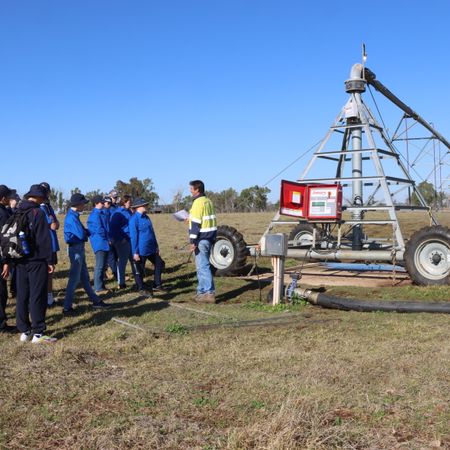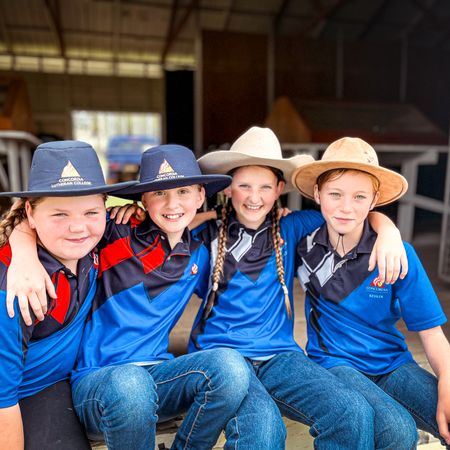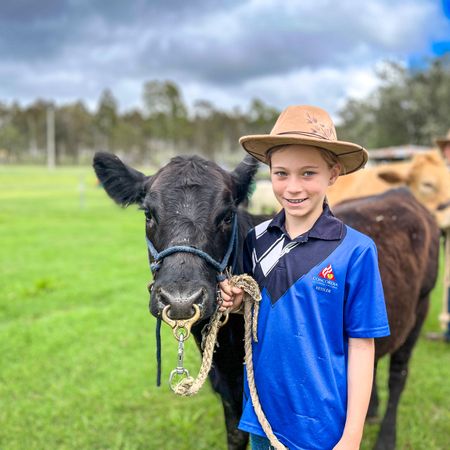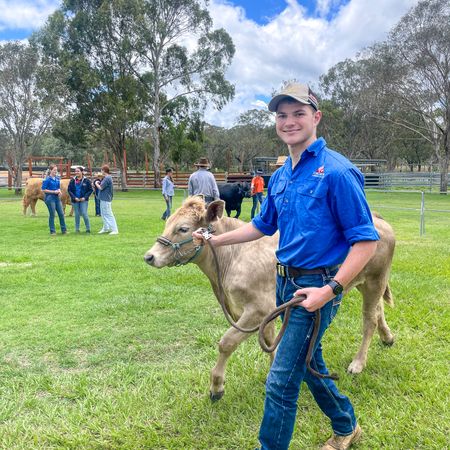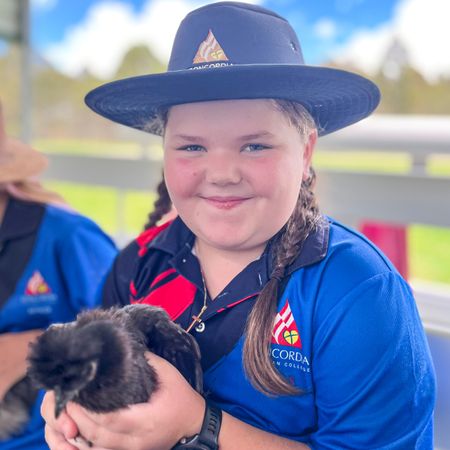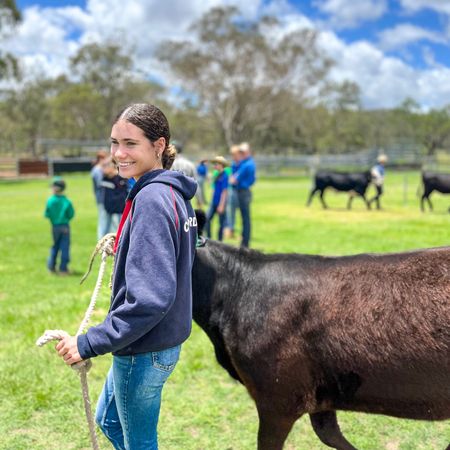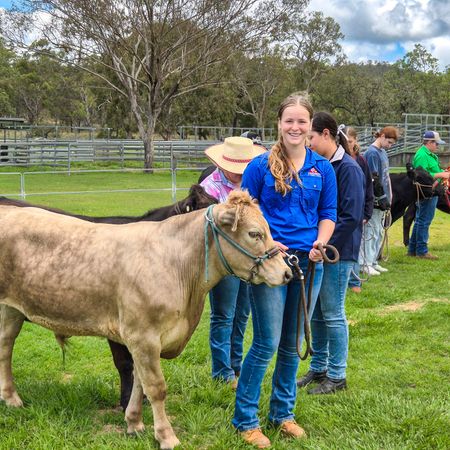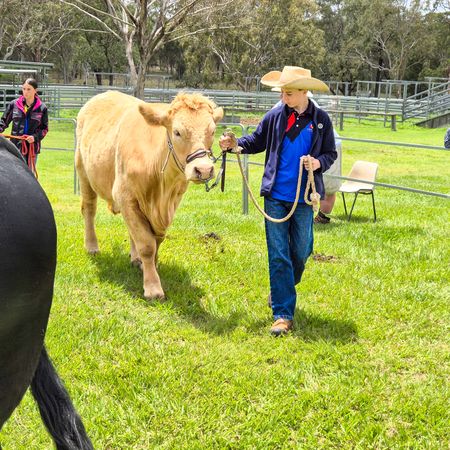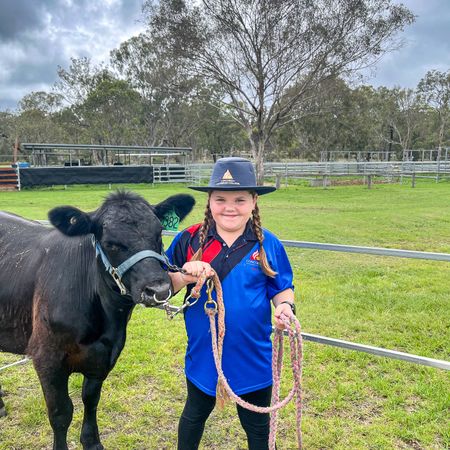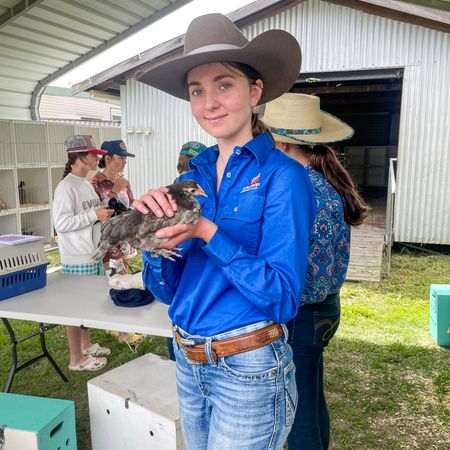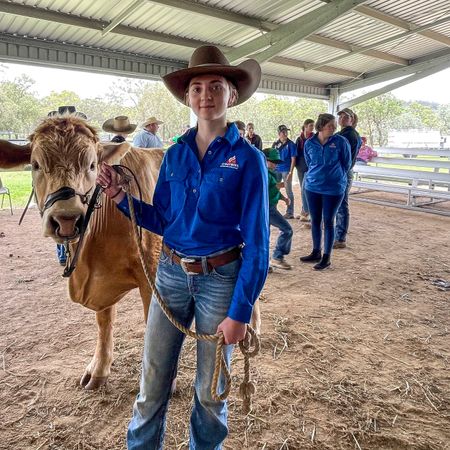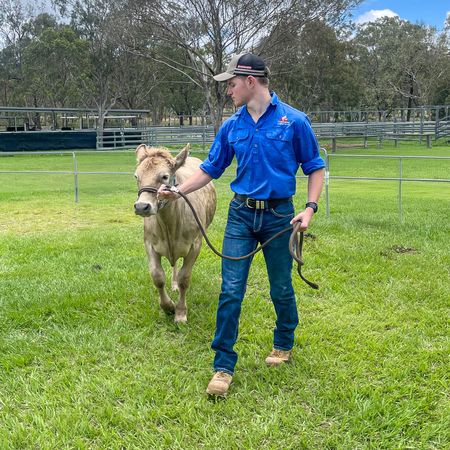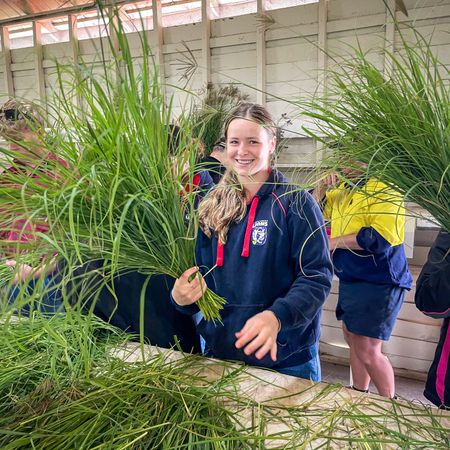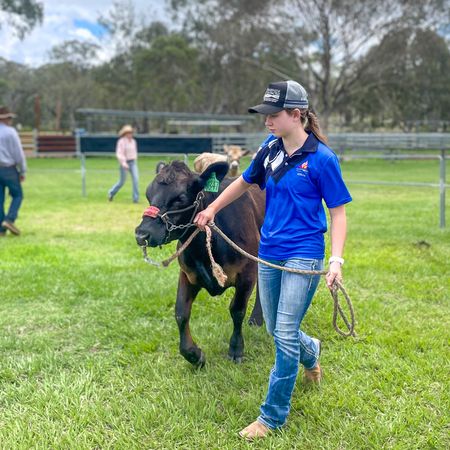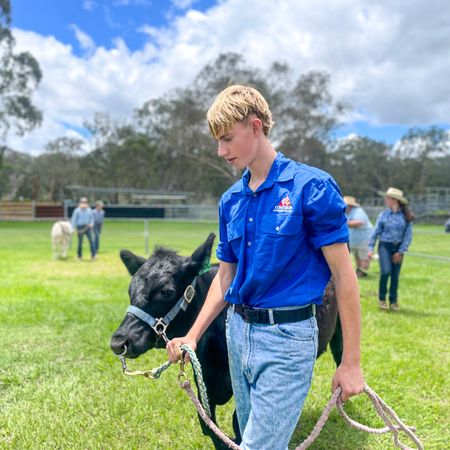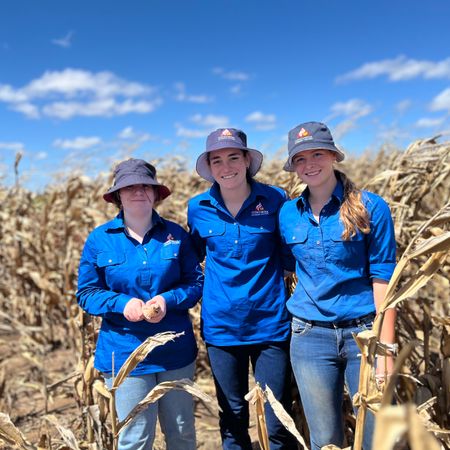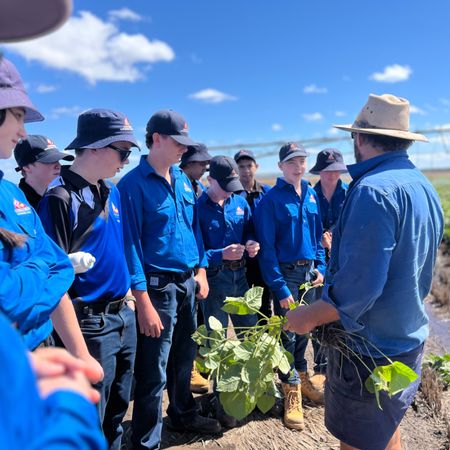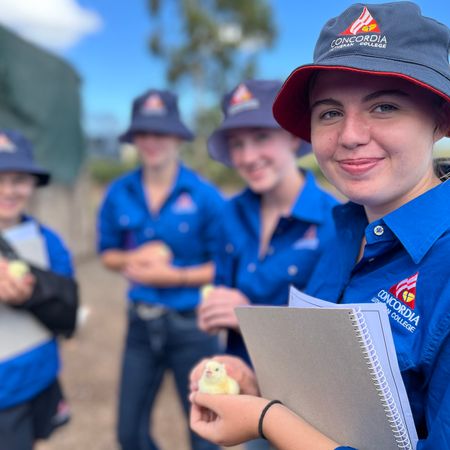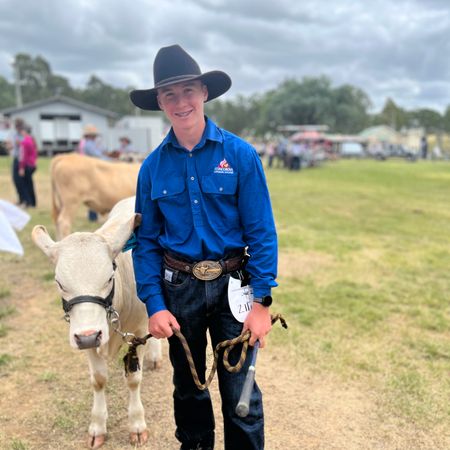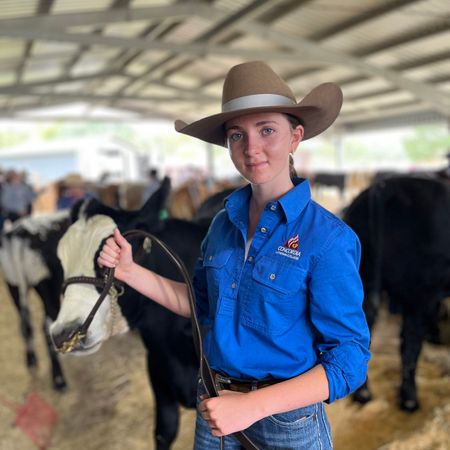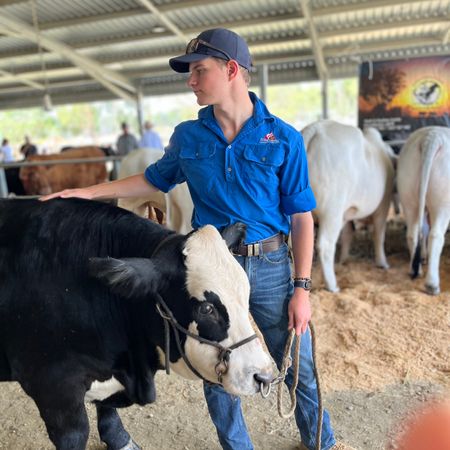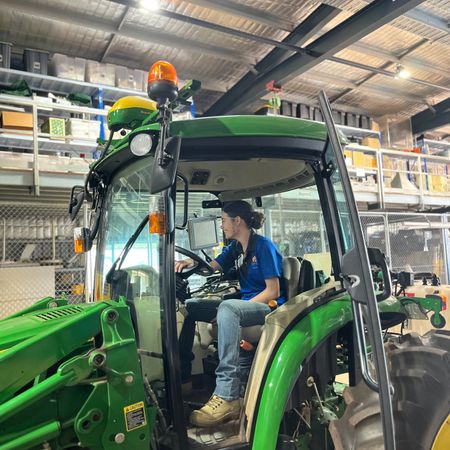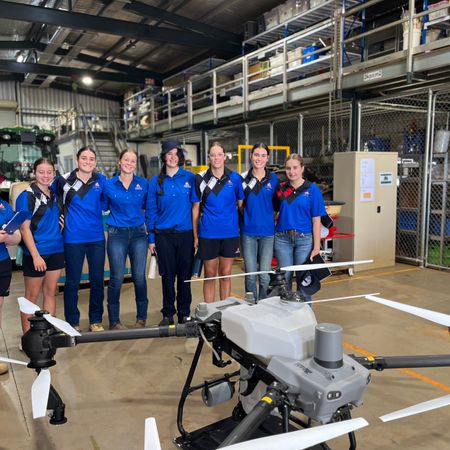Agriculture
Concordia is proud to offer Agricultural Practices as a subject, enriching education with hands-on experiences in agriculture. As a comprehensive Kindy-12 college, our younger students are also actively engaged in activities with the Agricultural Department, providing them with a robust foundation in the agricultural field.
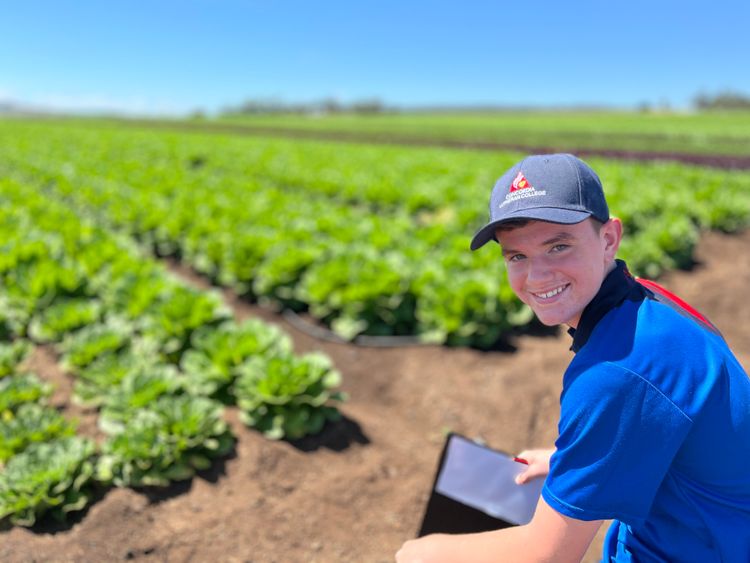
Concordia Lutheran College proudly participates in the School to Industry Partnership Program (SIPP), which links our college with AgForce. Through this partnership, students engage in a range of events and initiatives throughout the year. Agriculture at Concordia is designed to be hands-on and practical, allowing students to gain real-world experience and develop a deeper understanding of agricultural systems. There is a strong emphasis on sustainability and environmental stewardship, encouraging students to consider the long-term impact of farming practices. Additionally, the subject fosters an appreciation for the agricultural industry’s vital role in society and highlights the many career opportunities available within the sector.
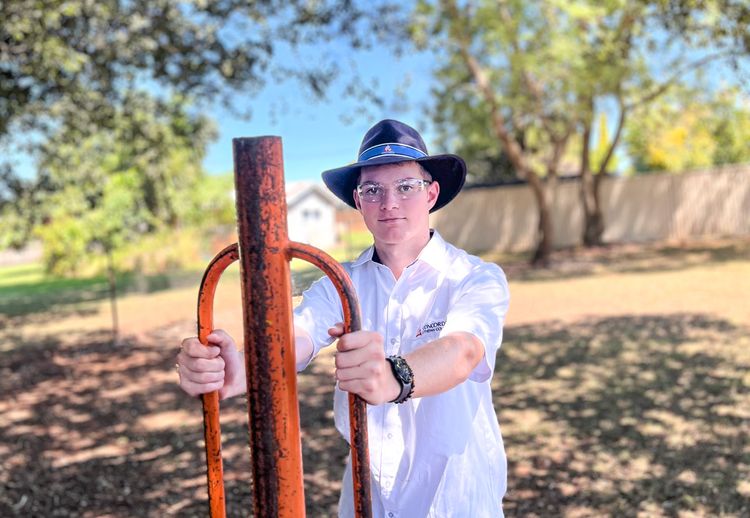
College Demonstration Farm
At our College demonstration farm, Gundu Acrea, located onsite, students have the opportunity to experience agriculture firsthand through seasonal horticultural production and hands-on work with livestock, including activities in our cattle yard facilities. The name “Gundu”, meaning “home”, comes from the language of the Giabal people, one of the Traditional Owners of the Toowoomba region. The word 'Gundu' reflects a deep connection to the land, symbolising the sense of belonging and respect for Country that underpins our agricultural learning.
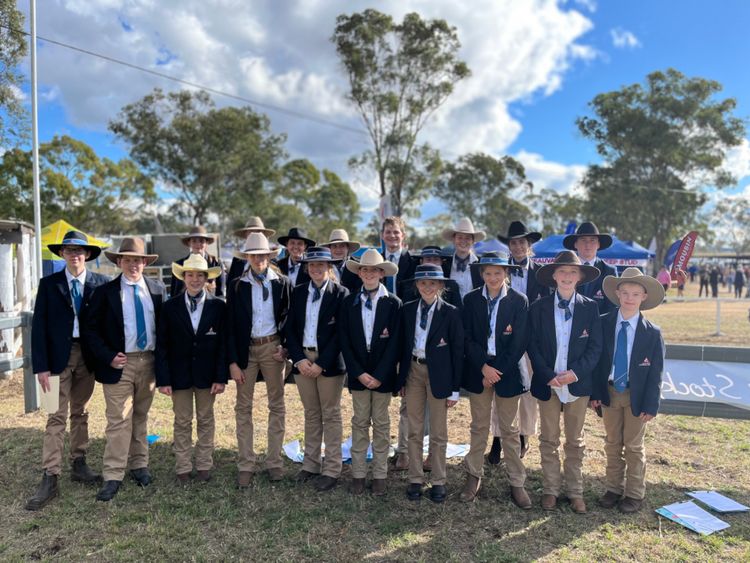
College Show Team
Our College Show Team, currently open to students from Year 6 and expanding to include Year 4 in 2026, provides a hands-on introduction to livestock showing and judging. This engaging experience helps students develop a strong understanding of various livestock industries from an early age, while also making learning fun. Team members have the opportunity to take part in local and regional agricultural shows, including the Toowoomba Show and the EKKA.
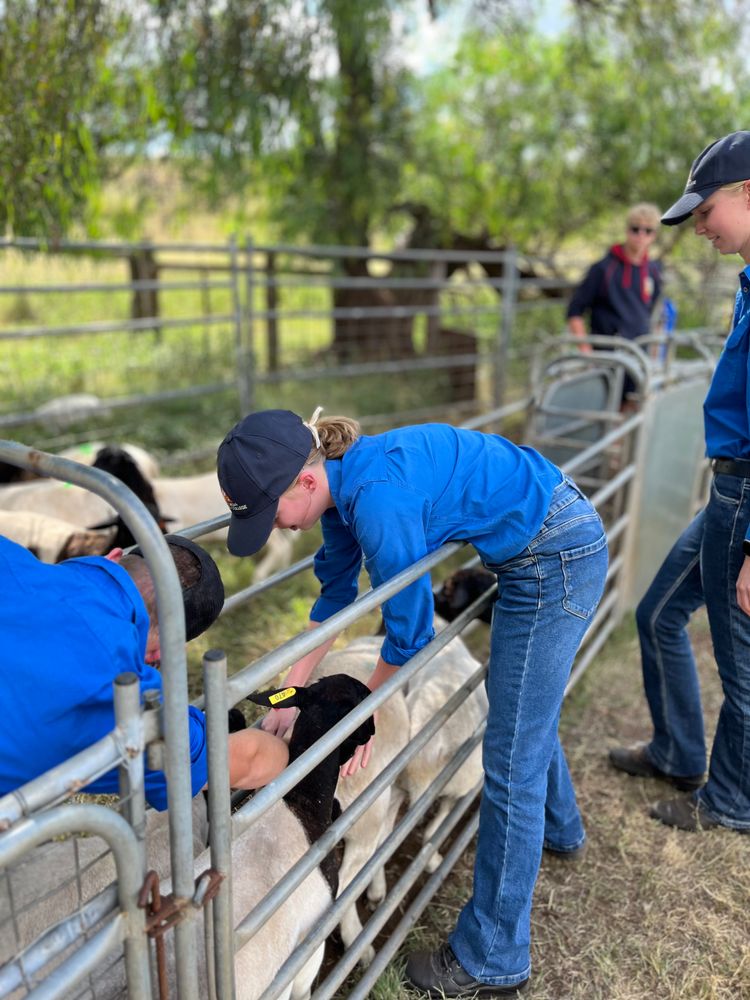
Curriculum Overview
Agriculture in Years 7 and 8
In Years 7 and 8, students at Concordia Lutheran College study AgTech as part of their Digital Technologies rotation, providing them with an early introduction to the intersection of agriculture and innovation. In Year 7, students focus on collecting and analysing data related to the College’s livestock—such as poultry, sheep, or cattle—while learning basic animal handling techniques. They also investigate the crucial role technology plays in modern agriculture, from monitoring animal health to improving farm efficiency. In Year 8, the program builds on this foundation as students explore the concepts of Precision Agriculture and Smart Farming. Using digital tools and sensors, students work on enhancing crop production through real-time data collection, environmental monitoring, and automated systems at the College’s demonstration
farm. This hands-on experience encourages critical thinking and problem-solving while fostering an appreciation for sustainable farming practices and the evolving role of technology in the future of agriculture.
Agriculture in Years 9 and 10
At Concordia Lutheran College, Agricultural Practices is offered as an elective subject for students in Years 9 and 10, providing a comprehensive introduction to the diverse world of agriculture. Throughout the course, students explore a wide range of topics, including:
· Farm safety
· Horticulture
· Poultry and meat production,
· Working with livestock,
· Subsistence farming,
· Agricultural technology,
· Agribusiness,
· Beekeeping and honey production
Agriculture in Years 11 and 12
At Concordia Lutheran College, Senior students can study Agriculture with a focus on land animal production, aquaculture, crop and Horticultural production, and agribusiness. Students work with livestock both on the College farm and through industry partnerships, learning about animal care, handling, and meeting LPA and MLA compliance standards in the meat industry.
In aquaculture, students learn how to set up and manage fish tanks, test water quality, and maintain healthy conditions for aquatic life. In crop production, they explore soil health, planting techniques, and how to safely operate a tractor and farm equipment.
Additionally, students design and run their own small agribusiness, gaining real-world experience in planning, budgeting, and marketing. This hands-on subject prepares students for careers or further study in agriculture and agribusiness.
